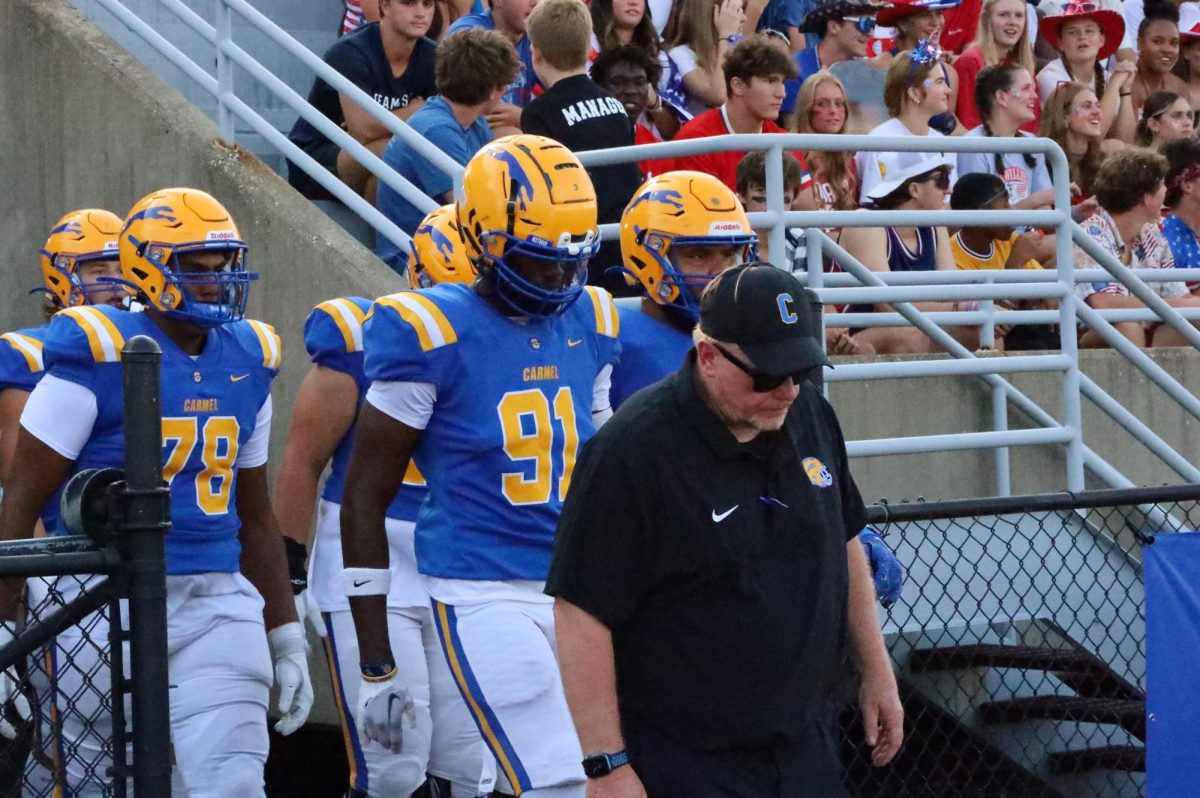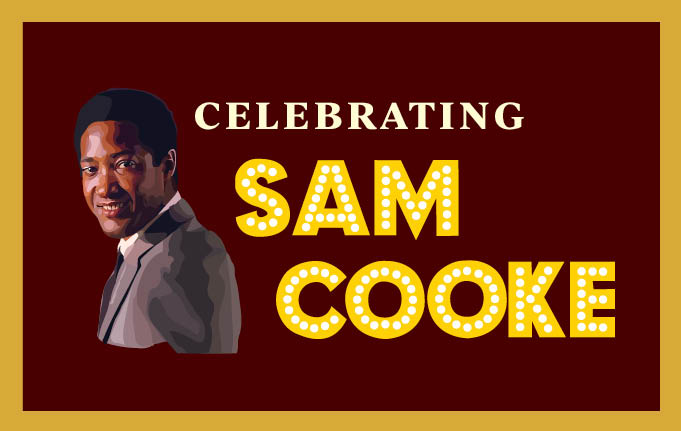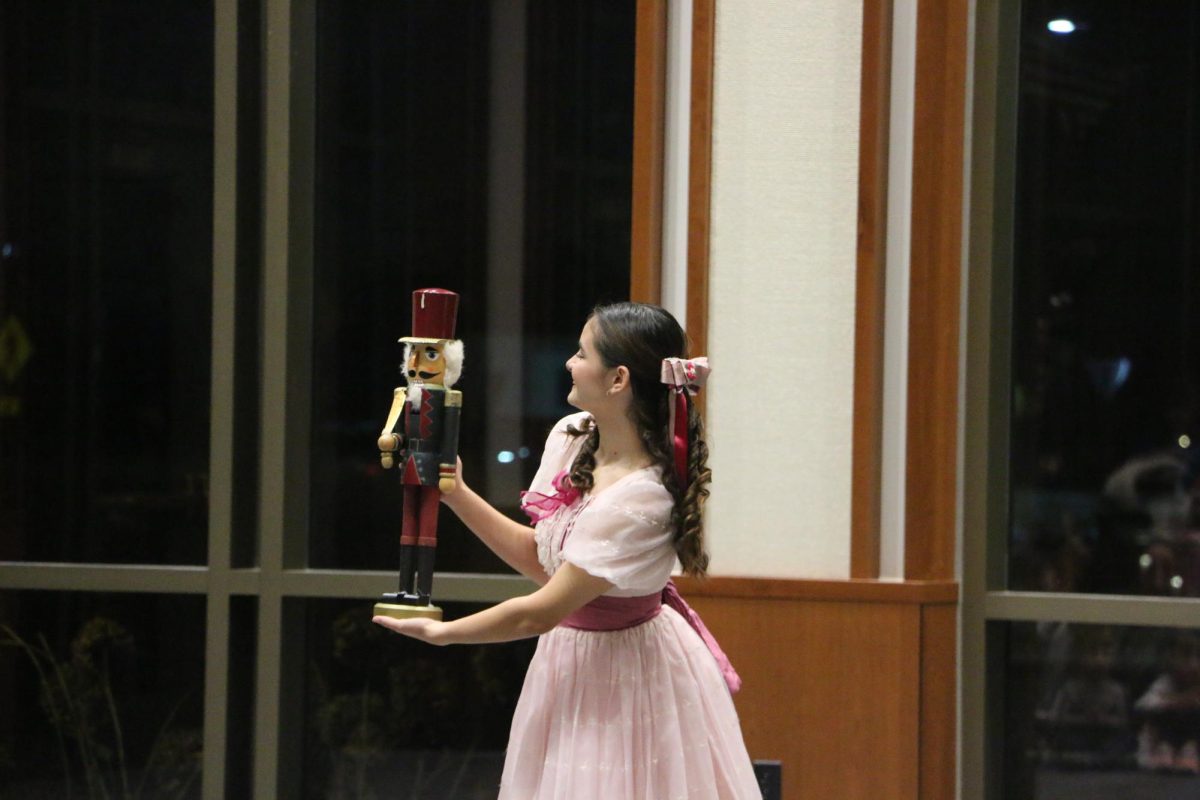By: Meagan McNulty <[email protected]>
This semester I’m trying something new: creative writing. It sounds simple when it’s written on my schedule, and especially when I tell my second-semester senior peers—but when I pick up my pen to write the first thing on the top of my head in a daily journal required for the class—my mind turns to a blank canvas. No longer do thoughts flow freely, but my subconscious immediately shuts up. As I stare at a blank page, I’m immediately terrified. I definitely didn’t predict that I, someone who has always enjoyed writing anything, would have trouble forming a sentence in a diary, with no strings attached. Hand me a prompt and I’ll readily give you an answer. Give me a book and I’ll write you a report. There is just something about the immediate freedom of writing whatever I feel that sparks blank thoughts.
As I mulled the concept over, I thought of the many mandatory essays, papers, reviews, free response questions and document based questions that I’d written. Subjective facts. There are no risks involved when stating subjective facts because they mean the same thing to everyone who reads them. There is no fear of judgment when writing a response question about the Cold War, unless of course, you state the wrong facts. Unlike other writing assignments, writing creatively allows someone to see beyond what you may present to the outside world. The raw expression captured within pieces that are truly your own reflect no one other than yourself, and to many, including myself, the concept of totally revealing one’s inner thoughts is mind-numbing.
Freedom of expression is something each of us possesses but fear to utilize. In the hyper-critical environment our fast paced society creates, it is no wonder that young girls no longer lock themselves away in their bedrooms to spill their hearts out into their journals like they did in past generations. The lessons we learn today teach us that our written expressions must fit a mold, a precise model of what is acceptable to be read. With little or no time to think creatively, we eventually lose the skill. When faced with the task of writing a DBQ or something personal and completely of one’s choosing, most of us would gladly take the DBQ, where we can put our creative minds on auto-pilot.
By writing what is constantly staged within our heads, we ultimately must come to terms with ourselves. No longer are those words just thoughts bouncing around inside of you, but they’re an idea, your idea, whether you like it or not. The ownership implied within the written statements allows us to fully grasp, or even question how we really feel. This ultimately adds to the fear factor. Seeing something in your head is something completely different than seeing it on paper. Suddenly, when we write, our expressions have taken a new form, something foreign from the way we’re used to seeing them, kept inside ourselves.
The expressions captured within an art form, like creative writing, imply our taking advantage of our freedom of expression. We can express what we want, when we want. When utilized, we learn more about ourselves. We sort through the daily jumbles within our minds, just like filing papers into folders.
The fear one empty piece of paper can provoke is really a bittersweet opportunity. As I let my guard down, and deeply think about an appropriate topic for the first of a semester long series of rants, I make a choice to start something new. Sure, others will read it, and their opinions may be different than my own. Not everyone is going to agree, or even like it at all, for that matter. When we write, we express what we hold dear. Maybe the feelings of intimidation the blank paper creates in us are there to remind us to write what is important to us at the time, which may be the exact opposite of what our classmates are writing next to us. But, that’s a risk I’m willing to take. Meagan McNulty is a feature editor for the HiLite. Contact her at [email protected].






























![Keep the New Gloves: Fighter Safety Is Non-Negotiable [opinion]](https://hilite.org/wp-content/uploads/2024/12/ufcglovescolumncover-1200x471.png)














































![Review: Who should have really won season 33 of "Dancing with the Stars"? [MUSE]](https://hilite.org/wp-content/uploads/2024/12/Dancing-with-the-Stars-Photo-1200x657.png)
![Review: "Wicked" is a worthy adaptation of a legendary musical [MUSE]](https://hilite.org/wp-content/uploads/2024/12/Screenshot-2024-12-23-at-6.00.53 PM-1200x793.png)
![Review: “Wind and Truth” is the perfect ending [MUSE]](https://hilite.org/wp-content/uploads/2025/01/wind-and-truth.jpg)
![Review: Survivor’s 47th season cements itself as one of the greatest seasons of reality television [MUSE]](https://hilite.org/wp-content/uploads/2025/01/Survivor_47_logo.webp)
![Video Review: Carmel Bazbeaux [MUSE]](https://hilite.org/wp-content/uploads/2024/12/Screen-Shot-2024-12-24-at-2.12.20-PM-1200x681.png)
![Review in Print: Maripaz Villar brings a delightfully unique style to the world of WEBTOON [MUSE]](https://hilite.org/wp-content/uploads/2023/12/maripazcover-1200x960.jpg)
![Review: “The Sword of Kaigen” is a masterpiece [MUSE]](https://hilite.org/wp-content/uploads/2023/11/Screenshot-2023-11-26-201051.png)
![Review: Gateron Oil Kings, great linear switches, okay price [MUSE]](https://hilite.org/wp-content/uploads/2023/11/Screenshot-2023-11-26-200553.png)
![Review: “A Haunting in Venice” is a significant improvement from other Agatha Christie adaptations [MUSE]](https://hilite.org/wp-content/uploads/2023/11/e7ee2938a6d422669771bce6d8088521.jpg)
![Review: A Thanksgiving story from elementary school, still just as interesting [MUSE]](https://hilite.org/wp-content/uploads/2023/11/Screenshot-2023-11-26-195514-987x1200.png)
![Review: "When I Fly Towards You", cute, uplifting youth drama [MUSE]](https://hilite.org/wp-content/uploads/2023/09/When-I-Fly-Towards-You-Chinese-drama.png)
![Postcards from Muse: Hawaii Travel Diary [MUSE]](https://hilite.org/wp-content/uploads/2023/09/My-project-1-1200x1200.jpg)
![Review: "Ladybug & Cat Noir: The Movie," departure from original show [MUSE]](https://hilite.org/wp-content/uploads/2023/09/Ladybug__Cat_Noir_-_The_Movie_poster.jpg)
![Review in Print: "Hidden Love" is the cute, uplifting drama everyone needs [MUSE]](https://hilite.org/wp-content/uploads/2023/09/hiddenlovecover-e1693597208225-1030x1200.png)
![Review in Print: "Heartstopper" is the heartwarming queer romance we all need [MUSE]](https://hilite.org/wp-content/uploads/2023/08/museheartstoppercover-1200x654.png)



